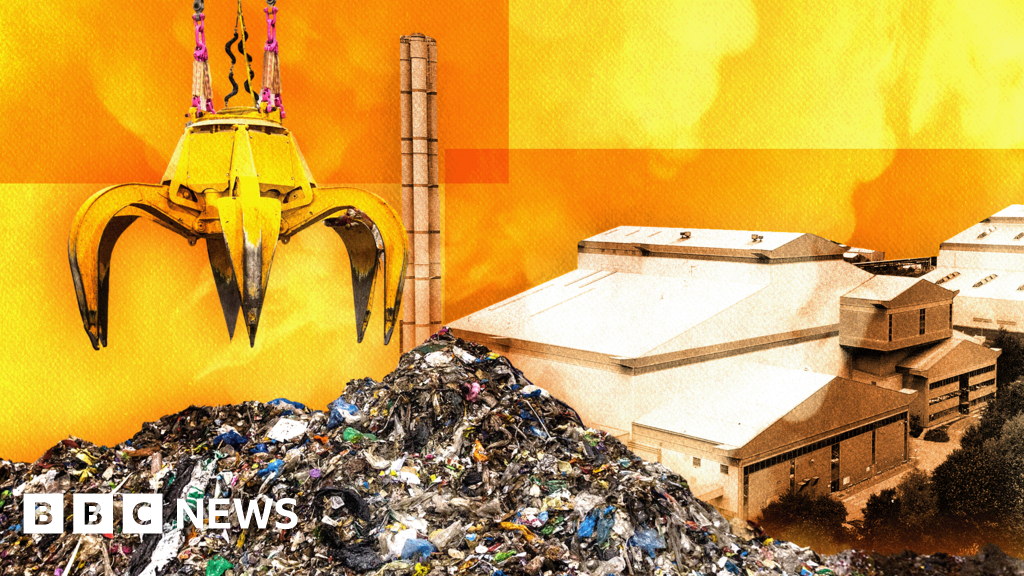Negative
21Serious
Neutral
Optimistic
Positive
- Total News Sources
- 3
- Left
- 1
- Center
- 1
- Right
- 1
- Unrated
- 0
- Last Updated
- 28 days ago
- Bias Distribution
- 33% Center


A BBC analysis reveals that burning household waste in the UK has become the dirtiest method of electricity generation, producing greenhouse gas emissions comparable to coal power, which the UK has recently phased out. Nearly half of UK household rubbish, including increasing amounts of plastic, is incinerated, leading scientists to label this practice a 'climate disaster' and call for a ban on new incinerators. The waste industry counters that energy-from-waste (EfW) plants reduce emissions compared to landfilling waste, emphasizing their role in managing residual waste and providing energy security. However, critics point out that burning plastic, made from fossil fuels, exacerbates greenhouse gas emissions. The surge in incinerators, from 38 to 52 in England over five years, reflects a shift from landfill due to rising costs for councils. As the UK aims for zero carbon emissions from electricity generation by 2030, the ongoing reliance on EfW raises concerns about the effectiveness of current waste management strategies.



- Total News Sources
- 3
- Left
- 1
- Center
- 1
- Right
- 1
- Unrated
- 0
- Last Updated
- 28 days ago
- Bias Distribution
- 33% Center
Open Story
Timeline
Analyze and predict the
development of events
Negative
21Serious
Neutral
Optimistic
Positive
Related Topics
Stay in the know
Get the latest news, exclusive insights, and curated content delivered straight to your inbox.














